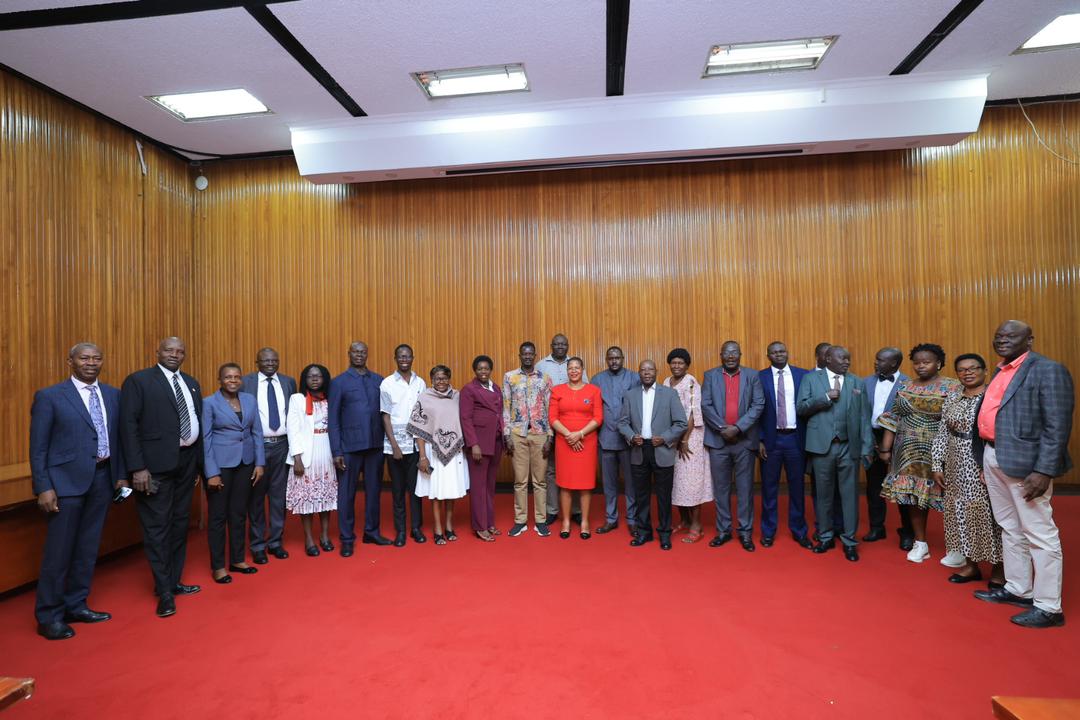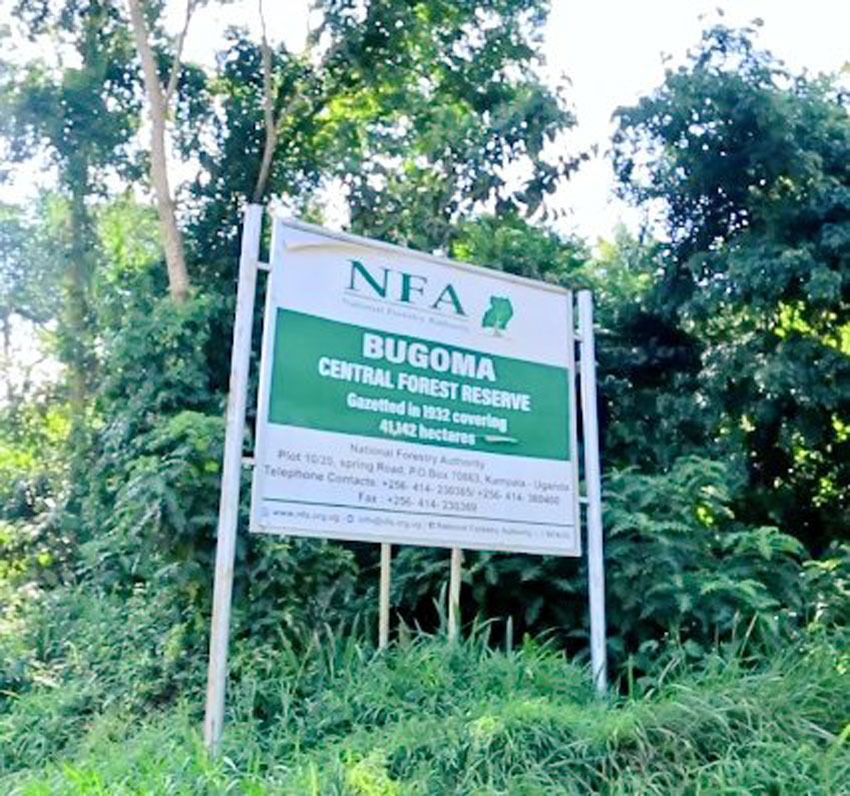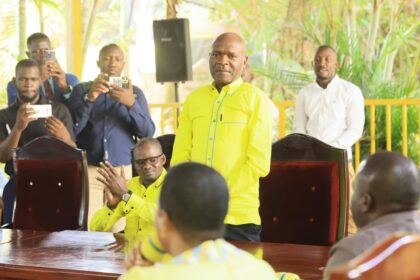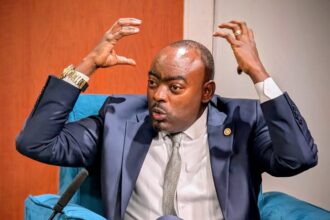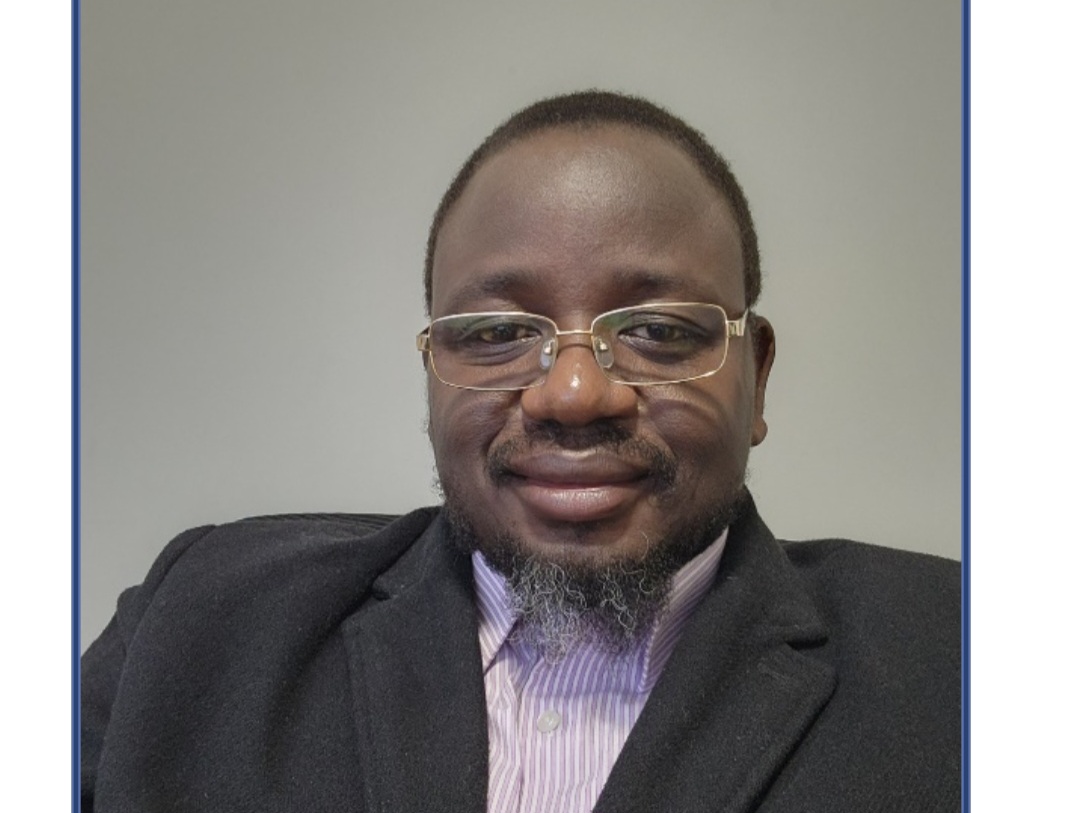Debates about why Parliament should hold regional settings and the potential value these settings could bring to community development, which their area members of Parliament had failed to bring! Are proving challenging for many legislators.
Some lawmakers, particularly from the northern region, have resorted to using tribal arguments to counter those who question the necessity of these settings and seek clarity on their benefits. Critics are asking for a clear explanation of what new advantages these regional meetings will offer, beyond the concern of potentially wasting taxpayers’ money.
On Tuesday while addressing the press the Leader of Opposition Joel Ssenyonyi informed the country that the opposition will not attend such regional Parliamentary settings that are starting soon with the first setting to be held in Gulu.
According to Ssenyonyi Parliament is to spend a lot of money facilitating these sitting in different regions such as Mbale, Gulu and Mbarara. “We understand that about Shs5Bn is going to be spent on each of these settings, not all of them, each of these settings. The first one is in Gulu, then there will be another in Mbarara, then another in Mbale, and one of the Central Uganda districts. This expenditure is difficult to explain to the public and the people we represent. It is total wastage, so we are saying, for this which doesn’t make logical, financial sense, it is a problem we don’t want to be part of,” said Joel Ssenyonyi.
He highlighted that considering the government’s current financial constraints, the Shs 5 billion would be better allocated to addressing pressing issues such as the welfare of the forces, the striking intern doctors, and other unresolved matters, rather than spending it on regional settings with uncertain returns.
“Medical interns are protesting because they aren’t being deployed, only a small group and the Ministry of Health is saying, the reason we aren’t deploying is because we don’t have resources. Give us more money and we shall deploy all of them. Police officers are saying, we were promised a pay rise, but they are saying we have been duped, they are only getting a small fraction of that which was promised, where is the other money that was promised to us? Will the public understand us when we are spending Shs5Bn to go to Gulu, Mbale, Mbarara, and the Central Region? They will not understand because it doesn’t make sense at all. It is wastage,” remarked Ssenyonyi.
He further criticized the excitement some people might feel about having MPs meet in their area, pointing out that beyond this excitement, the purpose of these meetings remains unclear.
“There might be some people who might be excited that all MPs have come to meet in their area, but beyond the excitement, then what? Aren’t we able to sit here and deliberate on issues that are of concern to Northern, Eastern, Western, and Central Uganda, and then push through to make sure those matters are addressed? And that is why we don’t want to be part of this unexplainable process, which is a very clear wastage and not justifiable at all. So it doesn’t make sense for you to say, you are going to transport the entire Parliament and then spend a lot of money, which money could do several things,” added Joel Ssenyonyi.
However, his address to most of the lawmakers from the Northern region was seen as a campaign against the development of their region. In their press conference held on Wednesday, they attacked Ssenyonyi for playing politics in the issues of their regional development.
The Kole North MP, Samuel Opio wondered whether the leading Opposition Party changed its name from National Unity Platform (NUP) to Northern Uganda Persecutors, which explains why the Party announced the boycott of the Regional Parliamentary sitting slated to take place in Gulu, this month.
“Why is he applying selectivity in the issues he is raising? He is creating unacceptable division. Let it be clear that Northern Uganda isn’t part of the agenda as Opposition and we get to clearly understand that we no longer have the National Unity Platform, but Northern Uganda Persecutors,” added Opio.
Faith Nakut (Napak District Woman Representative) accused Ssenyonyi of looking for relevance at every opportunity he gets.“Is it unfortunate that perhaps the regional sittings are going to start with Northern Uganda? I hope he would have said the same if the regional sittings were starting from another region. It isn’t right for someone to oppose everything. The affinity for relevance shouldn’t make us fail to think objectively. At least he should allow these sittings to go on, if there is a need to save, then he will save from the sittings in the next regions.”
She added that the question of expenditure is wrong for him to even imagine i. “It is blackmail to you the voters. Even if he talks about Shs20Bn, that money will be spent even if we sit here. If he talks about the Shs20Bn against the Shs72Trn budget that he is aware of, why can’t he examine the budget and look for where money can be saved? The question of saving costs shouldn’t even arise.”
Anthony Akol from Kilak North County described Ssenyonyi’s remarks of boycotting the siting in Northern Uganda as unfortunate, claiming he received the Leader of Opposition’s statements with a lot of pain because unlike people in Central and Western Uganda who have TVs to watch their MPs talk in Parliament, the people in Northern Uganda don’t have the same privilege and the regional sittings will be their only chance to see how Parliament conducts its business.
“And for us, the MPs from Northern Uganda we were very excited, the members of the community and all the people were all excited because they wanted to see their MPs speaking, they don’t have TVs, in Kampala, Central Uganda and Western Uganda, they have the TVs they can watch their MPs speak, but this time, the people in Northern Uganda want to see their MPs speaking. They want to hear their issues articulated in their presence. They want to feel that Parliament is actually for them, rather than electing MPs to come and speak in Kampala,”said Akol.
While responding the the angry colleagues, Ssenyonyi cautioned them to desist from tribalizing the issue of the regional Parliament, saying that if indeed they were interested in fighting poverty in their region, they would back proposals to have the Shs5Bn to be spent on this meeting to be used to improve services, other than having all that money spent on a meeting.
“When you see the poverty in some of these areas and you tell people that this Shs5Bn is just for a meeting, it doesn’t make sense at all. So, they shouldn’t start tribalizing this issue because it isn’t tribal at all, we are opposed to the regional sittings in the North, West, East and Central. We can have our sitting here and deliberate for Northern Uganda because Northern Uganda has got good representatives here, who can speak on behalf of their people. Are they saying that their matters will only be heard if Parliament sits in that particular area? Why do we have to spend an extra Shs5Bn to transport all MPs?” remarked.
He added that while some argue that the funds for regional settings were budgeted for, it’s crucial to critically evaluate whether these expenditures are justifiable. Past budget allocations, such as those to Roko Construction Company, have faced scrutiny. “Currently, there are pressing needs like deploying interns that might warrant reallocation of the funds. Simply labelling something as ‘budgeted’ does not inherently validate its necessity or appropriateness.”
“Many things are budgeted for, but are they right? The reasoning of ‘because things were budgeted for’ often lacks transparency and can be an excuse for misallocation. Just as we questioned the funds for Roko Construction Company, we must scrutinize whether these funds were truly allocated for their intended purpose or if they are merely part of a lump sum without clear documentation,” he remarked.
As the debate continues, the first regional sitting will occur this month in Gulu. However, the question remains: Are regional sittings truly necessary? If so, what significant developments are they expected to bring to these selected communities? Additionally, what actions did previous parliaments take to address the issues raised by different regions without holding regional settings?
Do you have a story in your community or an opinion to share with us: Email us at Submit an Article



